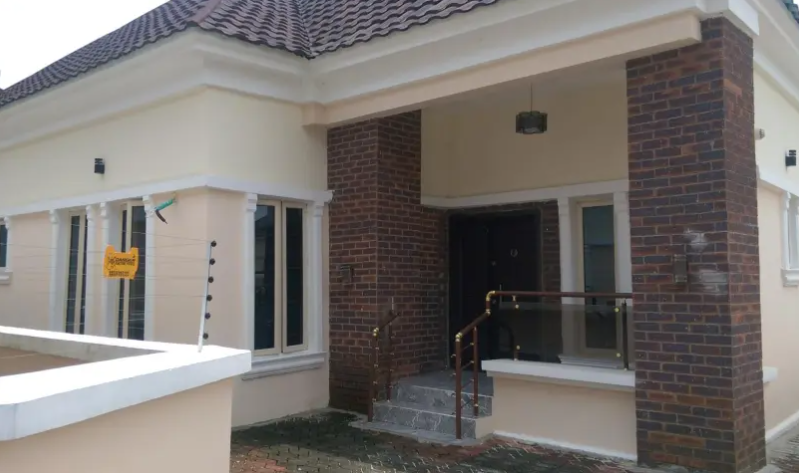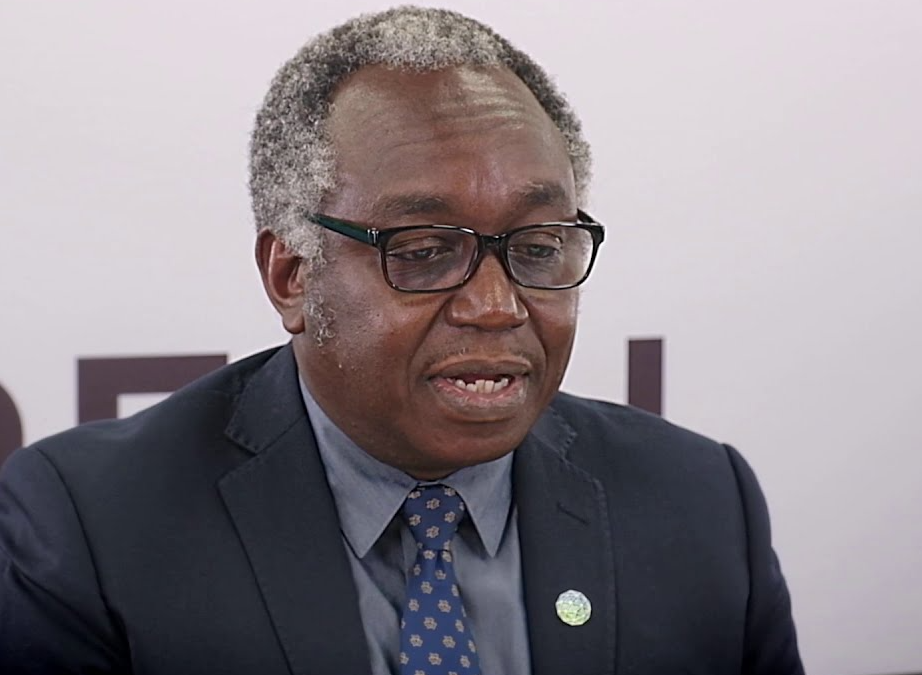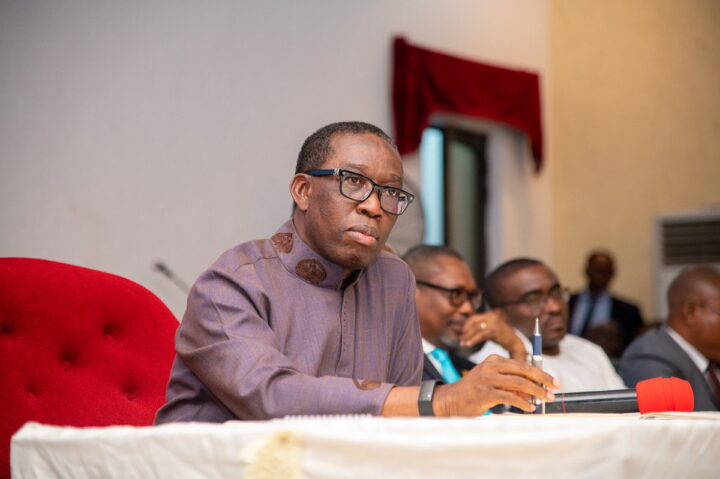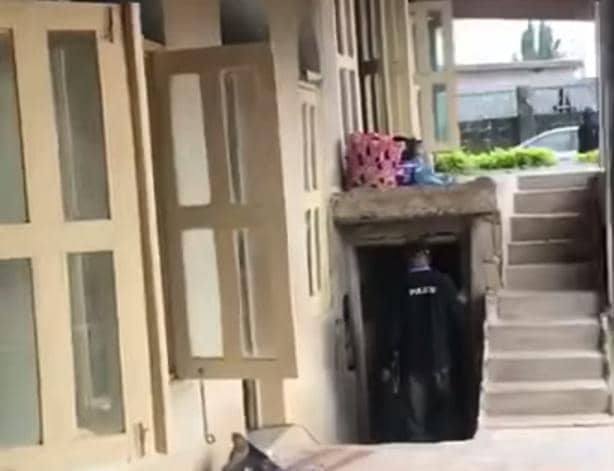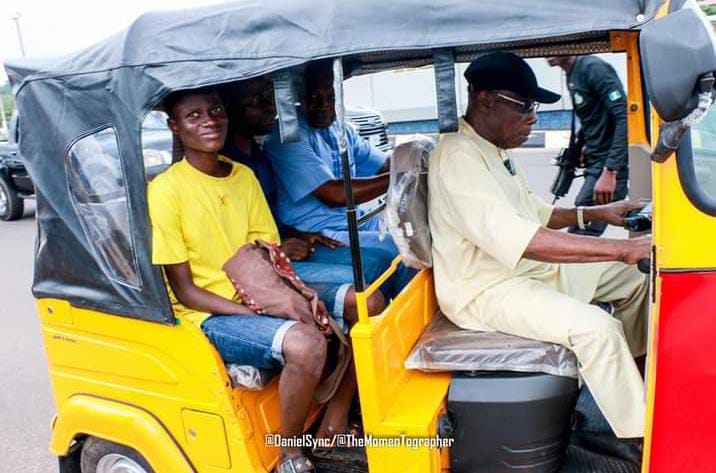When Chuks Amadi concluded his national youth service programme, he wanted to practise as a medical doctor in the “centre of excellence”, mainly because it is believed to be a home for all, where dreams are achieved faster and opportunities abound for the willing. He did not envisage that being an Igbo would make his chances of getting his desired apartment few and far between. He would eventually be forced to settle, but at the time, he was oblivious. No one told him that his quest for an apartment would be rife with blues.
“I experienced tribal discrimination [for the] first time in my life in Lagos when the landlady, a Yoruba woman, told me she can’t rent her house to me because I am Igbo,” said Amadi.
Amadi, who said the landlady was in her 60s, noted that “for some reason, he thought Lagos would have gone beyond the era of tribalism”.
“I was shocked to witness and experience it for himself that such a thing still happens in Lagos,” he added.
Advertisement
“I have heard people talk about tribalism and all that but to me, I didn’t even want to believe it exists, given that I have friends from every tribe and I haven’t been discriminated against before, but this was strange and coming from Lagos state, the centre of excellence.”
The demand for affordable housing has increased in the last few years, which is in response to several factors, notably urbanisation and population growth.
Rural-urban migration into economic and industrial hubs like Lagos and Abuja has had significant effects on resource allocation, such as housing.
Advertisement
While only 27 percent of Nigerians resided in urban areas in the 1980s and 35 percent in the 1990s, according to Statista, in 2020, 51.96 percent of Nigeria’s total population lived in urban areas and cities. That figure is more than half the population of the country.
The consequential housing deficit has resulted in overcrowding, high cost of rent — and it also fuels discrimination. Prospective tenants are judged based on tribe, religion, sex, state of origin, type of occupation and religious denomination, among others.
DISCRIMINATION ACROSS ALL TRIBES
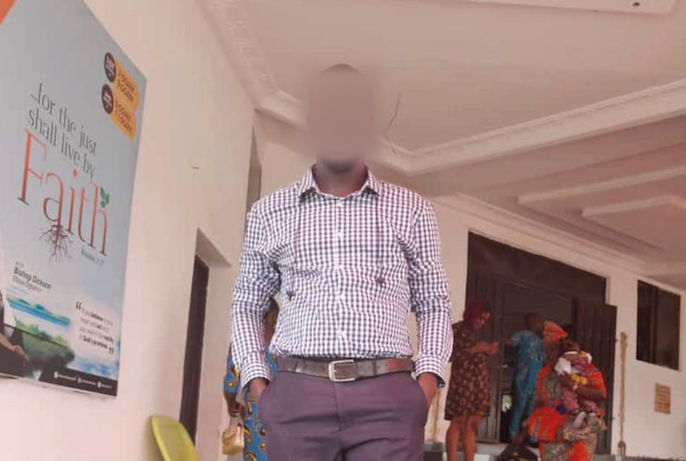
For Tolu Philips, a 30 years old banker, every tribe resident in Lagos is a recipient of one form of discrimination or the other.
Advertisement
The banker said despite being a Yoruba man from Ogun state, he was denied an apartment by a Yoruba landlord.
“Had it been I am Igbo, Calabar or Hausa, I can even try to understand the tribal bias and discrimination, but for my fellow Yoruba man refusing to rent an apartment to me because of his previous experiences with other Yoruba men is ridiculous,” said Philips angrily.
He had been living with his parents in Lagos for several years, but he recently felt it was time to get his place and become fully independent. But given the difficulty he has had to face, returning to his parents’ home is weighing heavily on him.
Festus Okoye has spent nearly a decade helping people secure apartments in Lagos. During that time, he has met landlords and landladies of various tribes who are particular about the nature of persons and tribes they are willing to let live in their apartments.
Advertisement
“You know Lagos is a megacity, and because of that, it gives room to meet different kinds of people and with different good and bad experiences,” he said.
“Most of these house owners make those decisions based on direct or indirect experiences they have had with tenants, so that’s why they had to put measures in place to avoid them.”
Advertisement
‘I ACCEPT ONLY THE TRIBE I CAN TRUST’
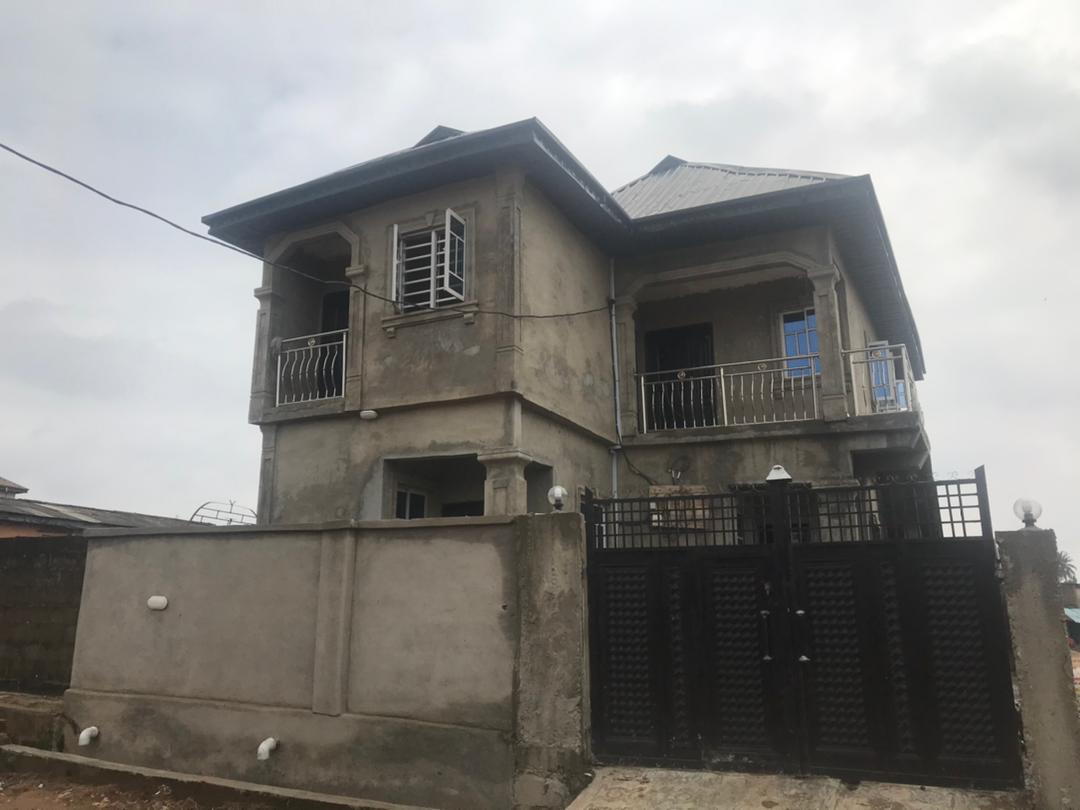
In recent years, landlords have been known to commission due diligence reports and background checks on prospective tenants.
Advertisement
Olawale Ajayi, a retired teacher and Lagos landlord, said this course of action is for cautionary purposes, citing a slew of “terrible” experiences.
“This is not the only apartment I have in Lagos. I have four more houses in Lagos; one in Surulere, two around Yaba and another in Ikorodu,” Ajayi said.
Advertisement
“Some tenants don’t know how to take care of other people’s properties. My house in Ikorodu is running smoothly because I decided to have only Yoruba and Calabar people. They took the house and clean it as if it belongs to them.
“The one in Surulere where I have two Edo families, I usually go there to solve cases most time as they are usually the troublesome ones in the compound. To avoid much trouble, I try to accept only the tribe I can trust.”
Samuel Akinyemi believes that the longer one spends as a Lagos house owner, the more previously non-existent biases are formed.
He said landlords can’t afford to ignore biases if they want their houses in good shape, adding that tribal discrimination is only “one part of the story”.
“As a landlord with over nine houses in Lagos, you must believe me when I say I have had various bitter-sweet experiences with my tenant in this Lagos,” he said.
“When you indicated an interest in my house, I go as far as checking your tribe and the kind of job you, the reason is to be sure you will be able to pay my rent. I have seen situations where some tenants only have initial cash payments for the house, and subsequent payment becomes an issue.
“There are some jobs or professions I also don’t accept in my house due to my experience with people. I didn’t build houses for charity and nobody can tell me who I want to rent my house to.”
THE SINGLE WOMAN STRUGGLE
An online survey conducted by the Guardian revealed that 83.3 percent of Nigerian women experienced housing discrimination as single adults. Single working-class women in Nigeria struggle to rent property, particularly in sought-after states such as Lagos, Abuja, Kano, and Oyo.
Vincent Babatunde, an agent around Ajah, said single women are usually advised to present their brothers, male friends, and colleagues to secure accommodation.
“I have experienced it like six to eight times in this job. It is also not always about women, I have also handled cases where landlords will say they don’t want single men in their house,” Babatunde said.
The reason for rejection came as a shock to Christabel Chona, a staff of the Federal Airport Authority of Nigeria (FAAN) who has lived in Lagos all her life. When she decided to get a place of her own, the landlady rejected her because she is not married.
“I remember seeing an apartment around Ajao Estate, it was nice and spacious and I liked it, then I approached the landlady with my agent to indicate my interest,” Chona said.
“The landlady and her husband asked if I am married and when I told them I am still single, they bluntly told me they don’t need a single person in the apartment.”
Since moving to Lagos in 2018, Opeyemi Olakunle, a content creator/producer has been squatting with friends. After saving up enough to get his own place, the 27-year-old was denied an apartment because he revealed that he had no plan to get married in the next three years.
“Two landlords told me that single people are usually not responsible hence why they cannot afford to give their apartment to them. It was painful and frustrating because I had already paid my agent fee for the house-hunting process,” said Olakunle who eventually secured an apartment in the Surulere area of Lagos.
But for Bisi Olajide, the reverse was the case as a landlord refused to give her an apartment because she is married.
“It was like a dream, to be honest. My landlord told me she won’t rent her house to me because I am married and she doesn’t want married people in the compound because of ‘kids and their noise’,” she said.
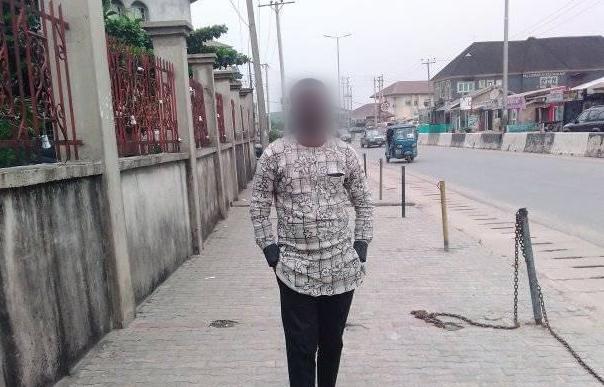
HUNTING WITH AGENTS
According to the Pison Housing Group’s 2019 report, the housing stock in Lagos is estimated to be 1.5 million units, with an estimated population of over 13 million at the time. Finding decent, affordable apartments is therefore becoming increasingly tougher in the state.
It took months for Lanre Akeredolu, a 29-year-old fashion designer and model, to secure an apartment in Victoria Island. He wanted the location because of the proximity to his place of work.
Akeredolu said he kept doling out cash to different agents before he could secure a decent apartment of his liking. According to him, the issue of profiling by house owners and his agents willfully ignoring his preference made his search longer than necessary.
“Some apartments my agent took me to, the house owner obviously profiled me, given the way I dress as a fashion designer. One literally told me to my face that he just don’t want another Bobrisky in his house. And that was disrespectful,” he said.
“I also think the agents know what they are doing by wasting my time and money. They kept collecting money from me and the houses I was taken to are just not fit for a human being to live in.”
Jennifer Okon, a young graduate who recently concluded her NYSC, described her house hunt as “one hell of a journey”.
“Looking back to four months ago when I actively started house hunting, if I [calculate] the agent fees I have paid, it is enough to start a small business,” he said.
“These agents will make you pay between N5,000 to N7,000 as a fee before they can search for an apartment for you. Even with the specification given to them, they usually end up taking you to low standard houses just to fulfil all righteousness of looking for an apartment for you.”
HUGE MARKET, NON-FUNCTIONING POLICIES
John Maduforo, head of marketing and communications, CW Real Estate, said the lack of adequate regulations in the real estate sector encourages the landlords to take “advantage of the high demand for accommodation”.
“There are many angles to this problem, the first being that real estate activities in the country are not regulated, so there are no working policies or guidelines surrounding what to charge when it comes to renting accommodation,” he said.
“Also, the issue of discrimination goes deep into our societal beliefs. A typical example is a fact that our society still thinks it is irresponsible for a lady to live alone except with her parents, or spouse.
“People still think a man has to be behind her. As a result, we see unenlightened landlords turning potential tenants down just because of their gender and marital status.”
Maduforo added that problem, although existing nationwide, is prominent in Lagos due to the population surge, and the high demand for “affordable accommodation” which is not properly met.
Add a comment

